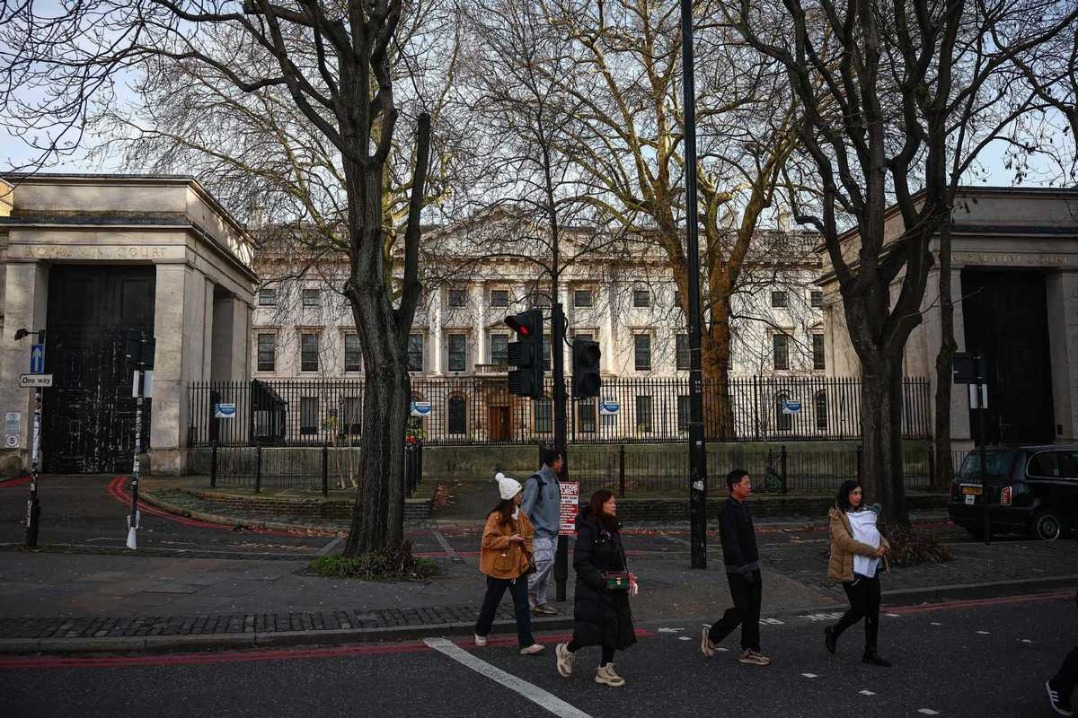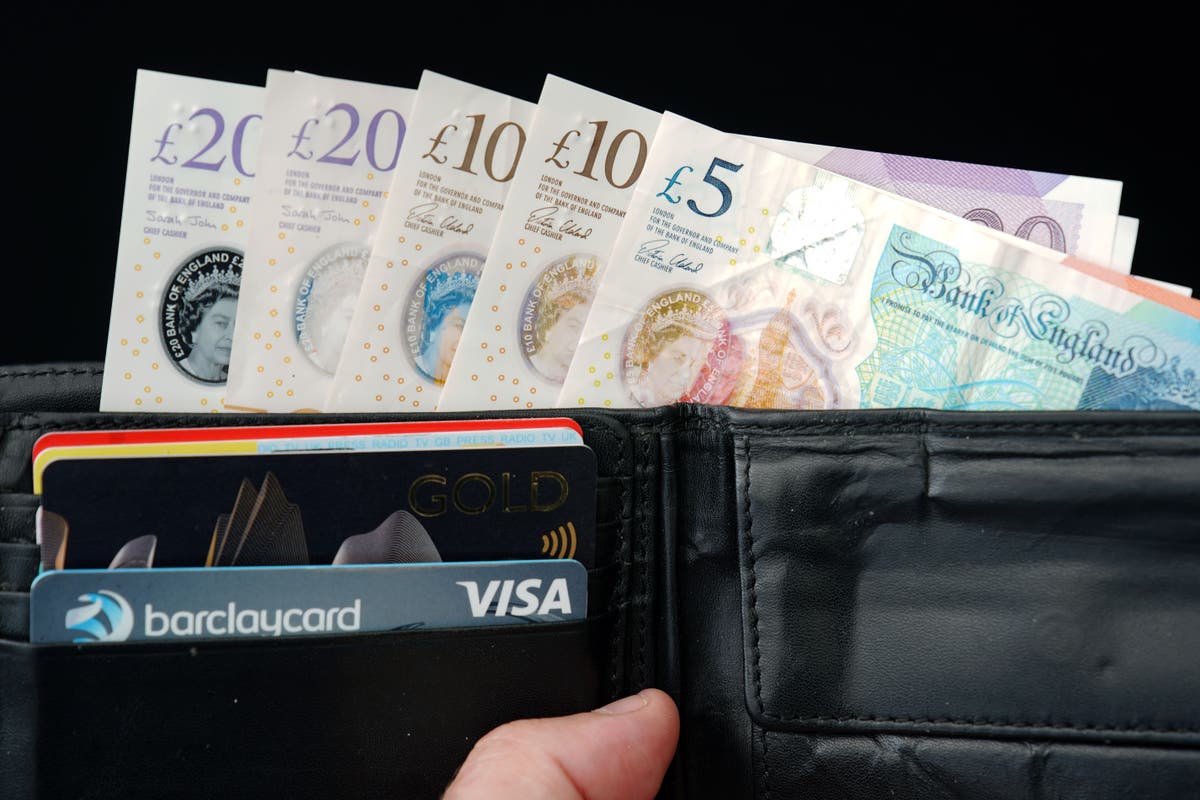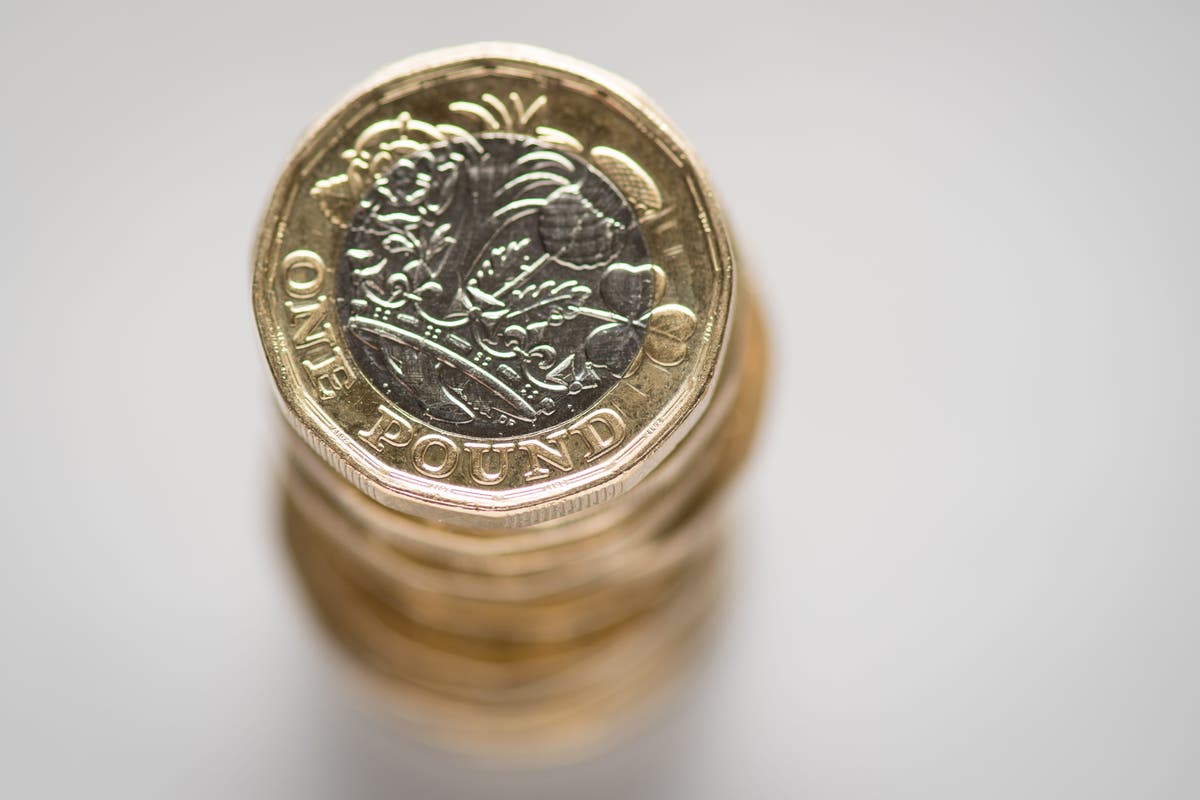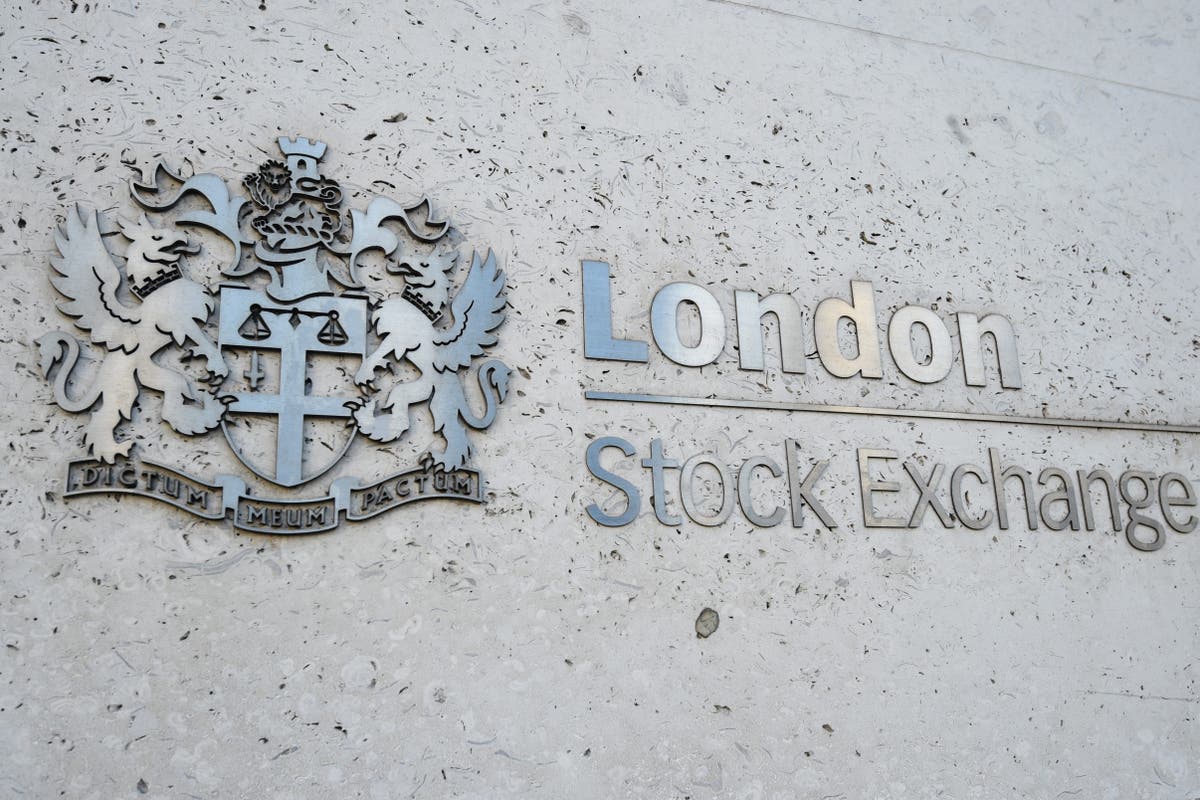
The Bank of England just raised interest rates. What does that mean for your UK savings and mortgage?
The IndependentGet the free Morning Headlines email for news from our reporters across the world Sign up to our free Morning Headlines email Sign up to our free Morning Headlines email SIGN UP I would like to be emailed about offers, events and updates from The Independent. The 11th consecutive increase in a row by members of the Monetary Policy Committee brings the Bank’s base rate to 4.25 per cent, its highest level since October 2008. According to experts at Moneyfacts, a rate rise of 0.25 percentage points on the current average standard variable rate of 7.12 per cent would add about £772 onto total repayments over two years on a £200,000 25-year loan. Experts say that for anyone with a variable rate loan, now might be a good time to opt for a fix, because the average fixed-rate mortgage cost is at its lowest in six months but the base rate could yet rise again this year. The base rate rise offers hope for savers of slightly higher returns, although cash savings are still being eroded in real terms by high inflation.
History of this topic

Analysis: What does the Bank of England’s interest rate decision mean for mortgages?
The Independent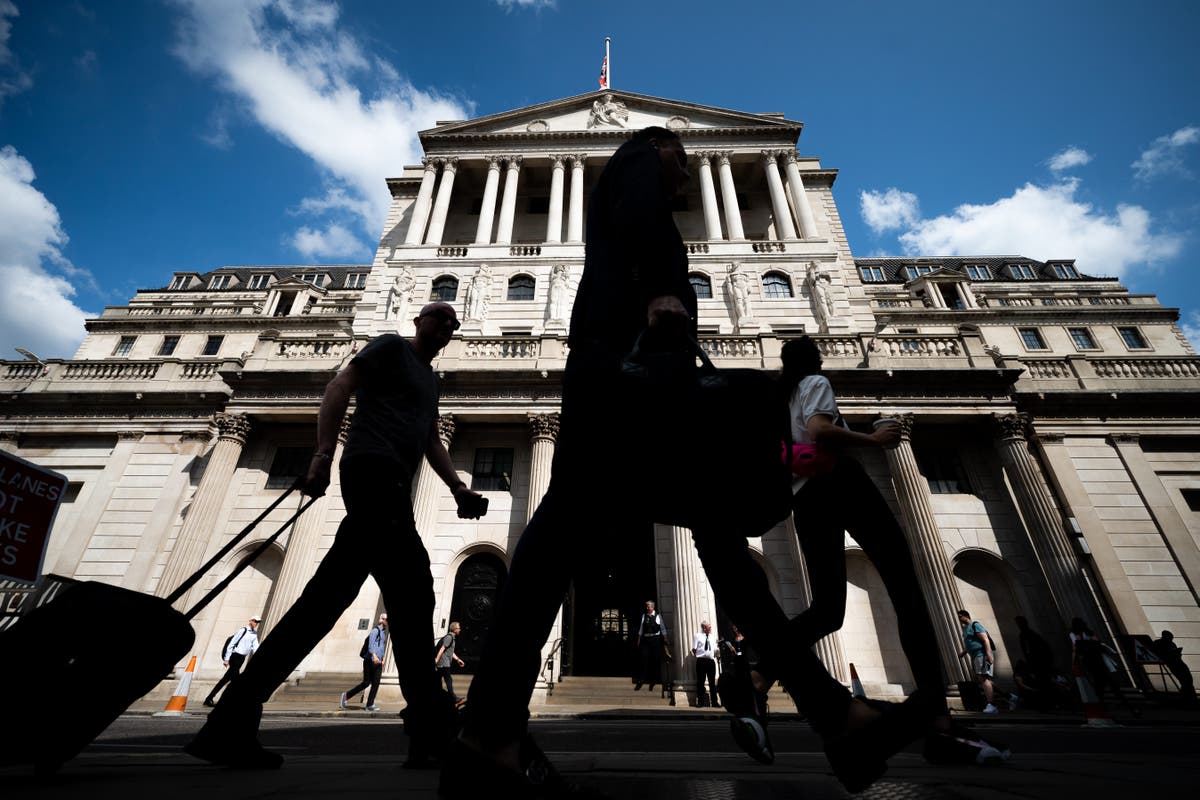
Bank of England holds interest rates at 4.75% but says UK economy stagnating
The Independent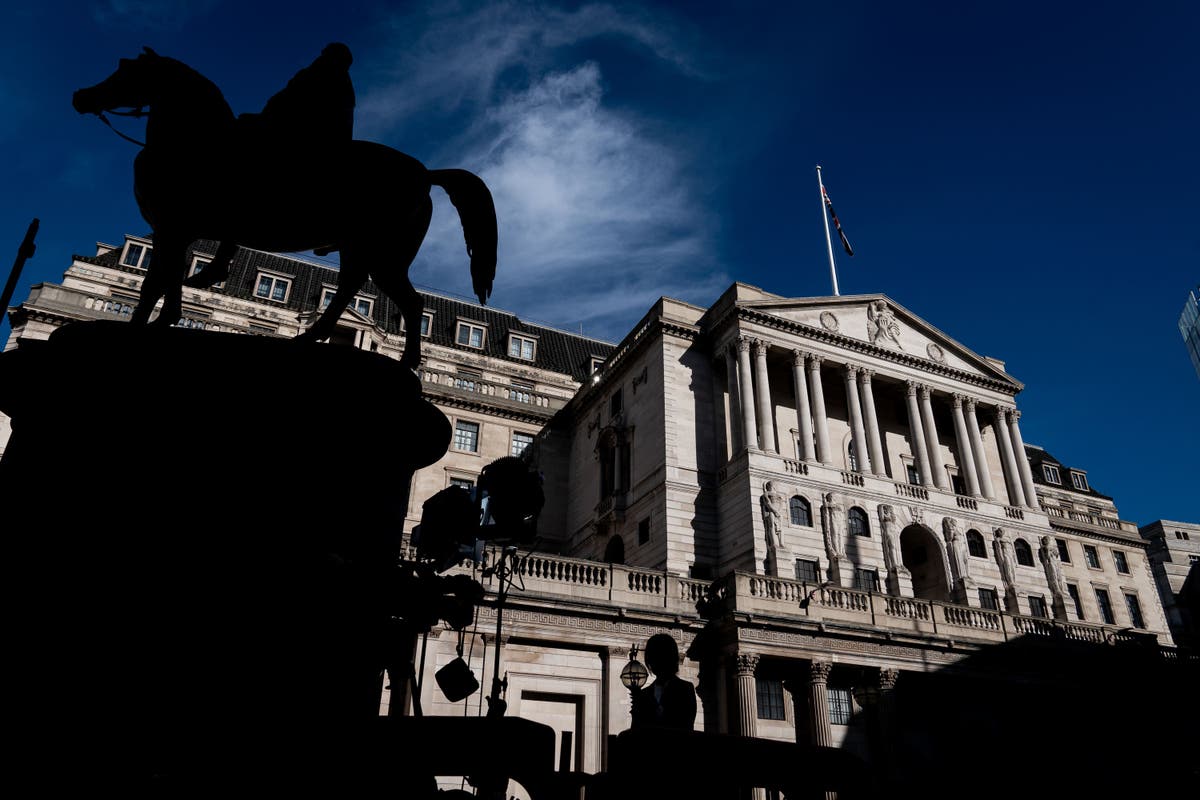
UK interest rates held at 4.75% amid ‘heightened economic uncertainty’
The Independent
Bank of England HOLDS interest rates despite UK economy stalling after Labour's Budget raid - with fears over resurgent inflation
Daily Mail
Interest rates held at 4.75%: What it means for your mortgage and savings
Daily MailBank of England warns of ‘heightened uncertainty’ as it keeps interest rates on hold
Associated Press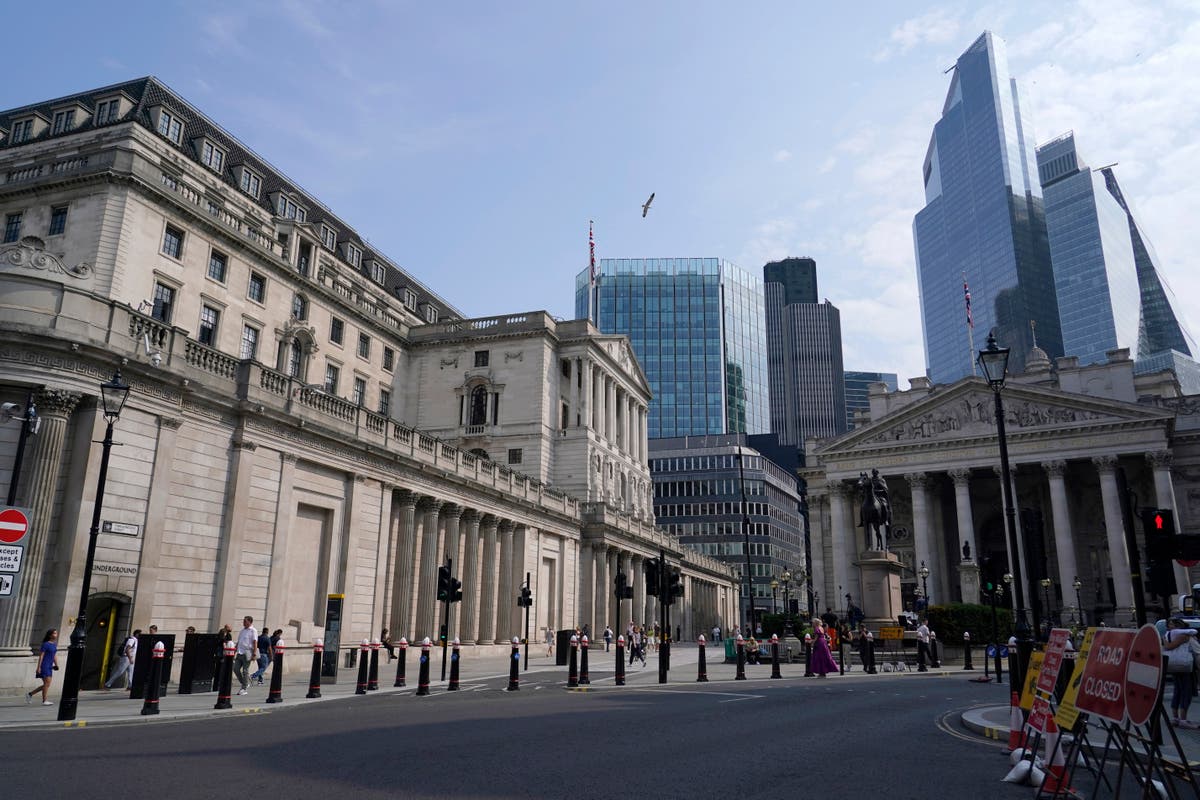
Bank of England set to keep UK interest rates on hold despite paltry economic growth
The Independent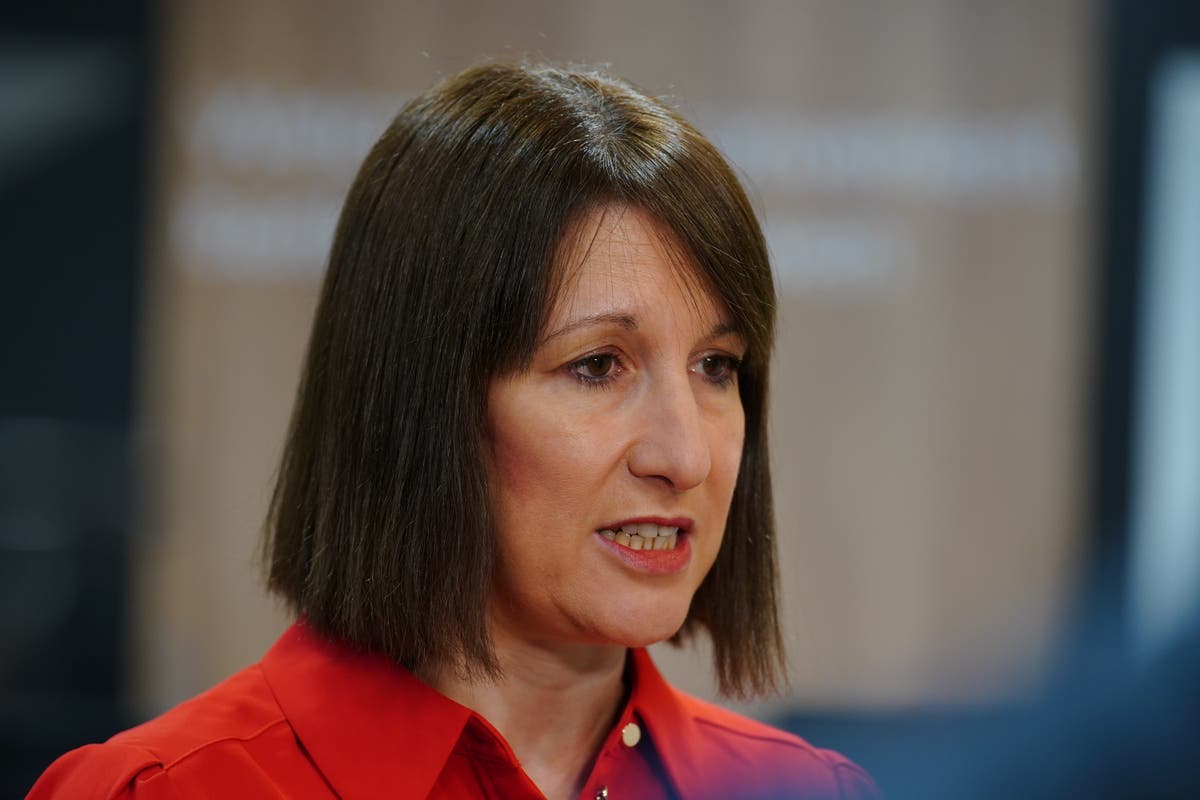
Interest rates live updates: Bank of England verdict due after surprise inflation rise
The Independent
Bank of England set to keep interest rates on hold TODAY despite UK economy stalling after Labour's Budget raid - with fears over resurgent inflation
Daily Mail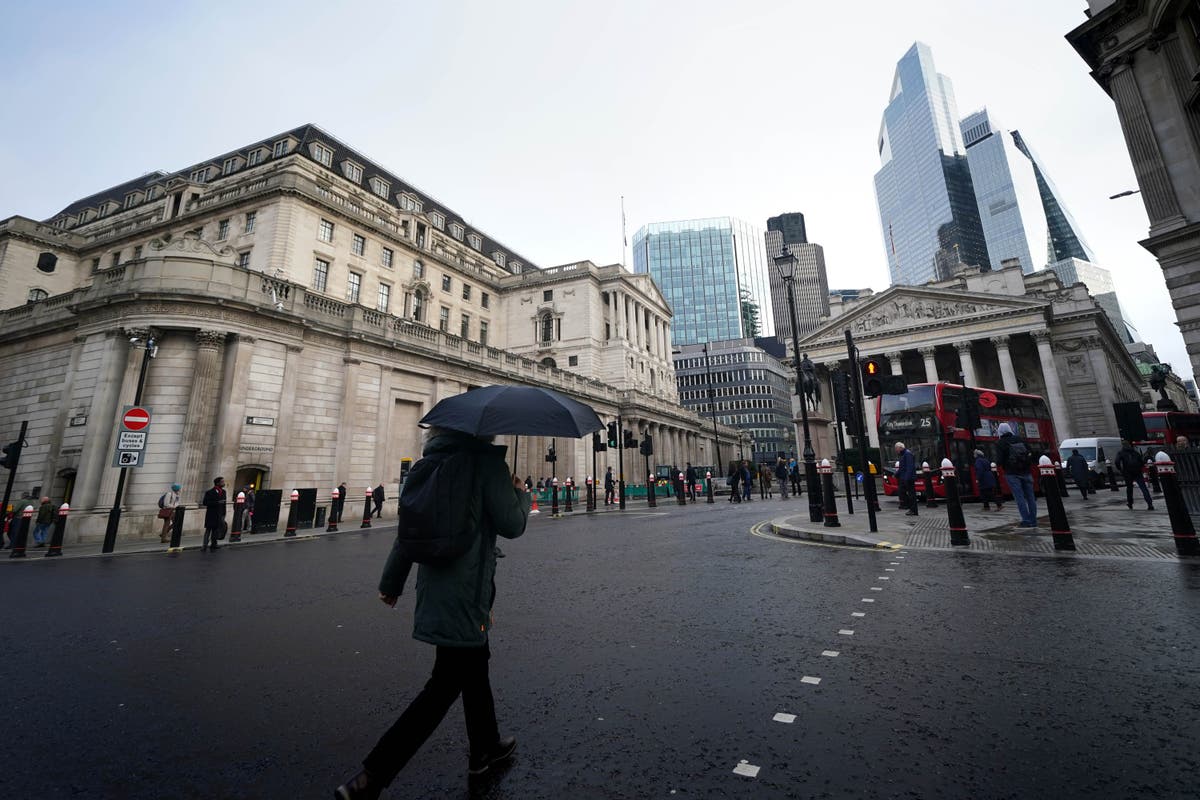
UK interest rates set to be held at 4.75% after inflation rises again
The Independent
Inflation rates live: Bank of England expected to hold interest rates at 4.75 per cent
The Independent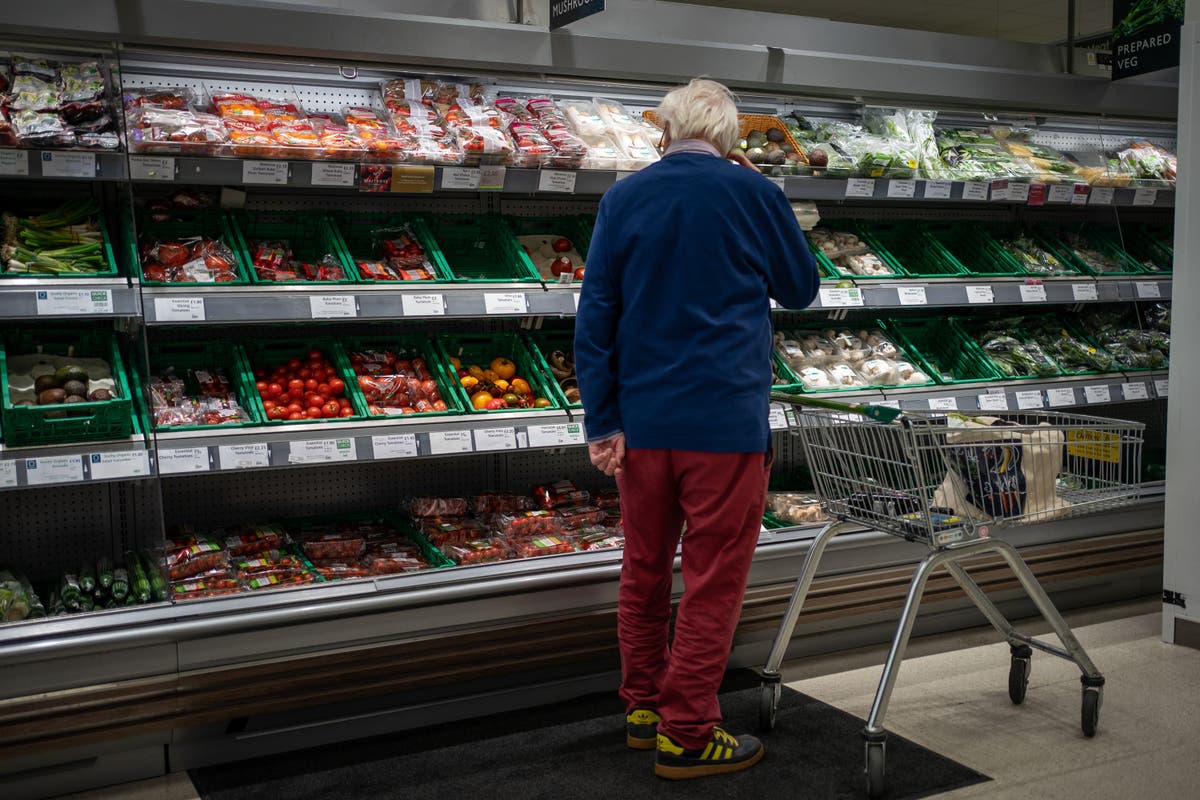
Inflation analysis: Prices rising faster means higher borrowing costs for longer amid recession fears
The Independent
What does rising inflation mean for you - and has it killed off a Bank of England interest rate cut?
Daily Mail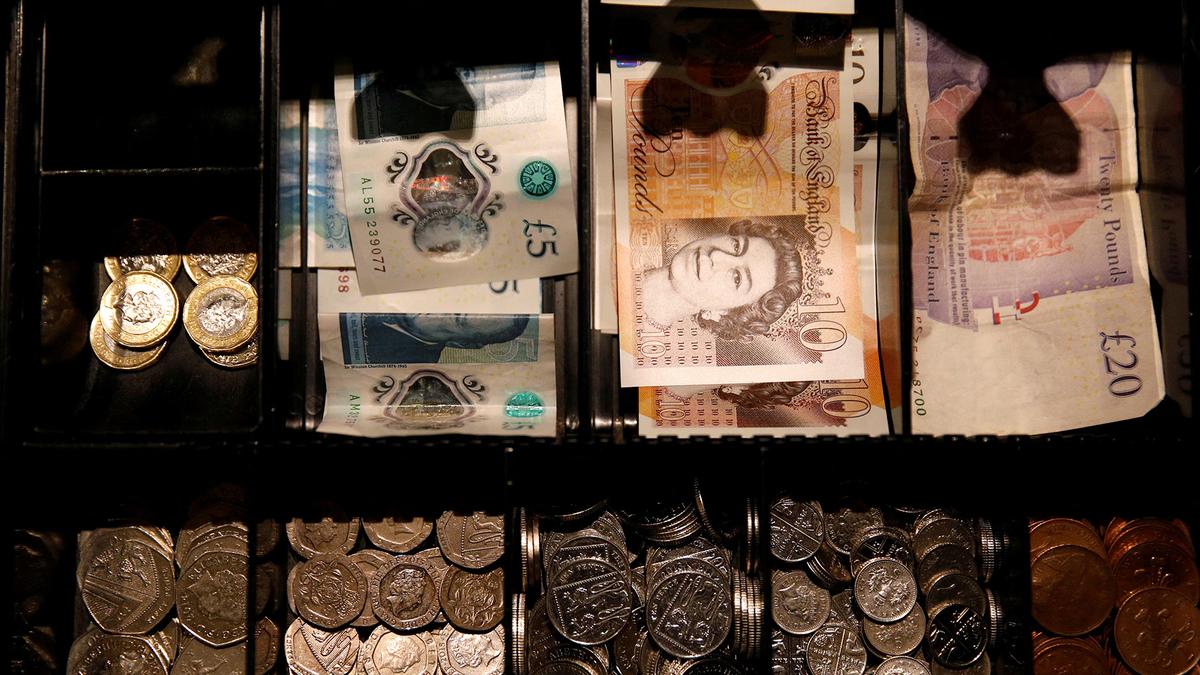
U.K. Inflation rises further above Bank of England's target in November
The HinduUK inflation increase solidifies expectations interest rates will be kept on hold
Associated Press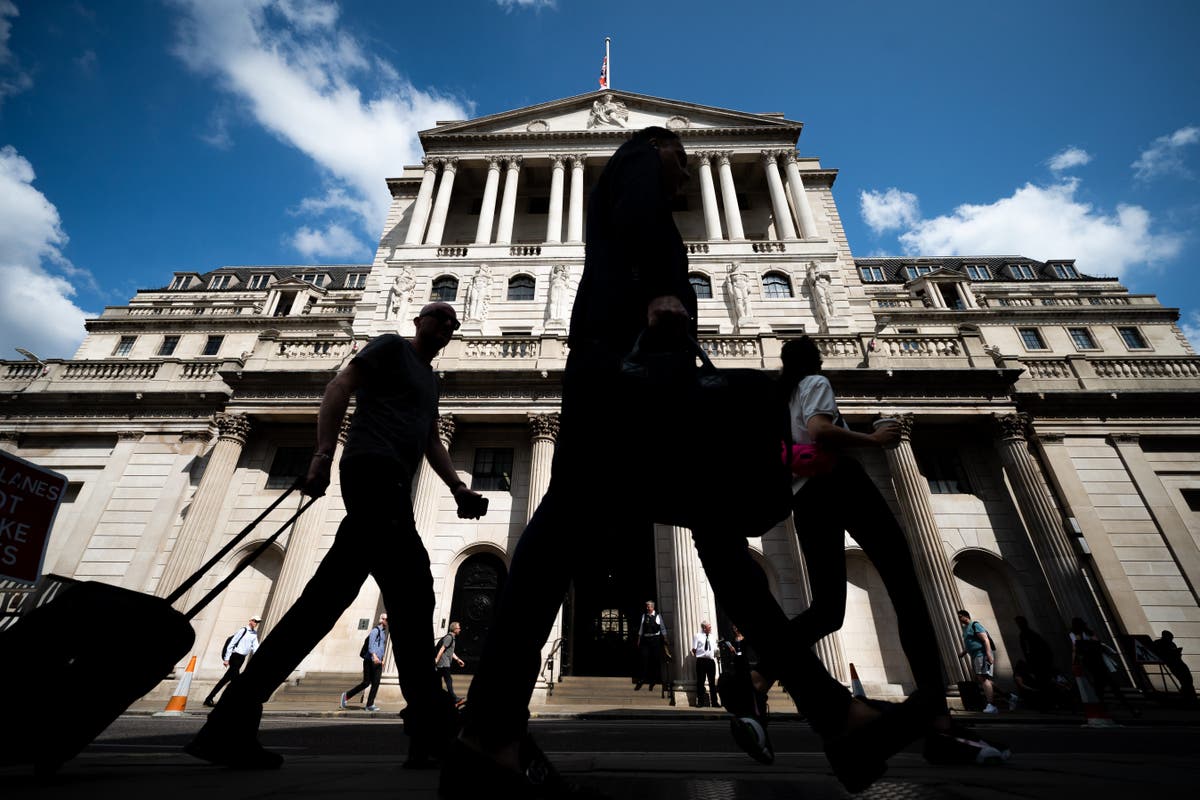
Surge in wages means beleaguered borrowers must wait for interest rates cut
The Independent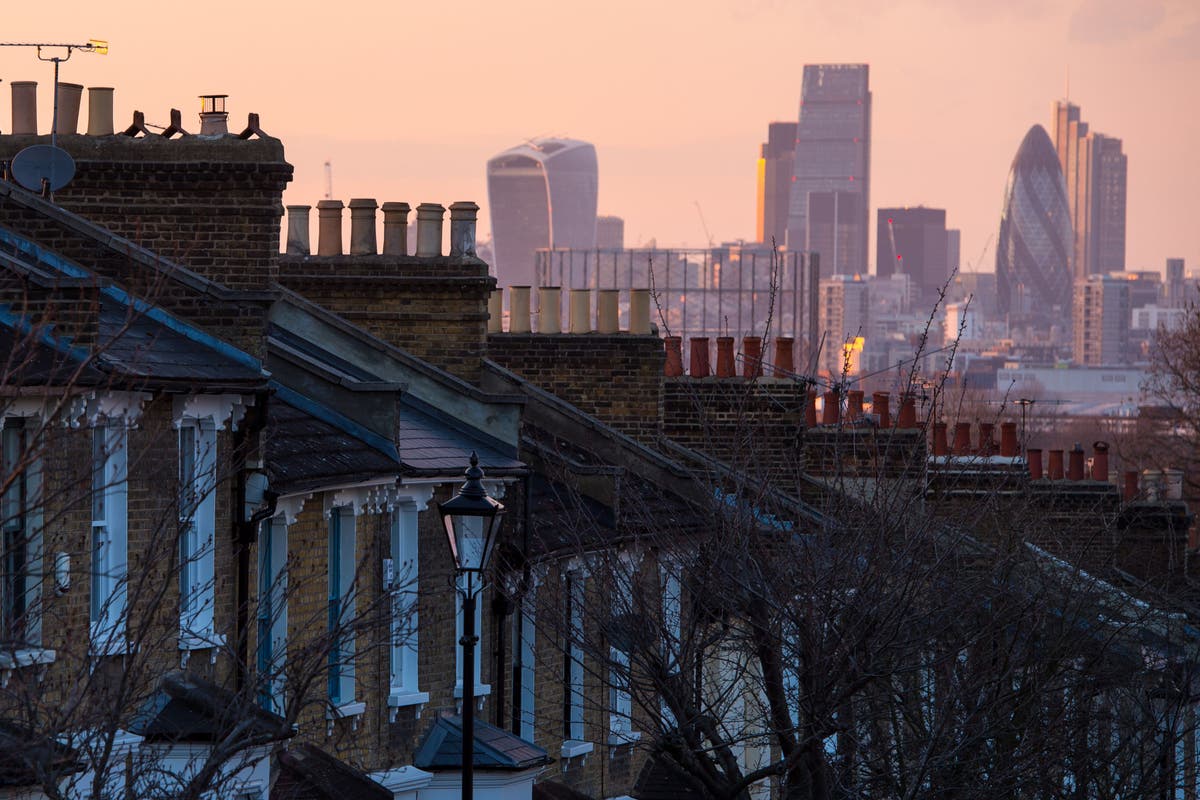
Bank of England expected to hold interest rates after jump in inflation
The Independent
A major bank just cut its mortgage rates by up to 0.39%: Will they fall further?
Daily Mail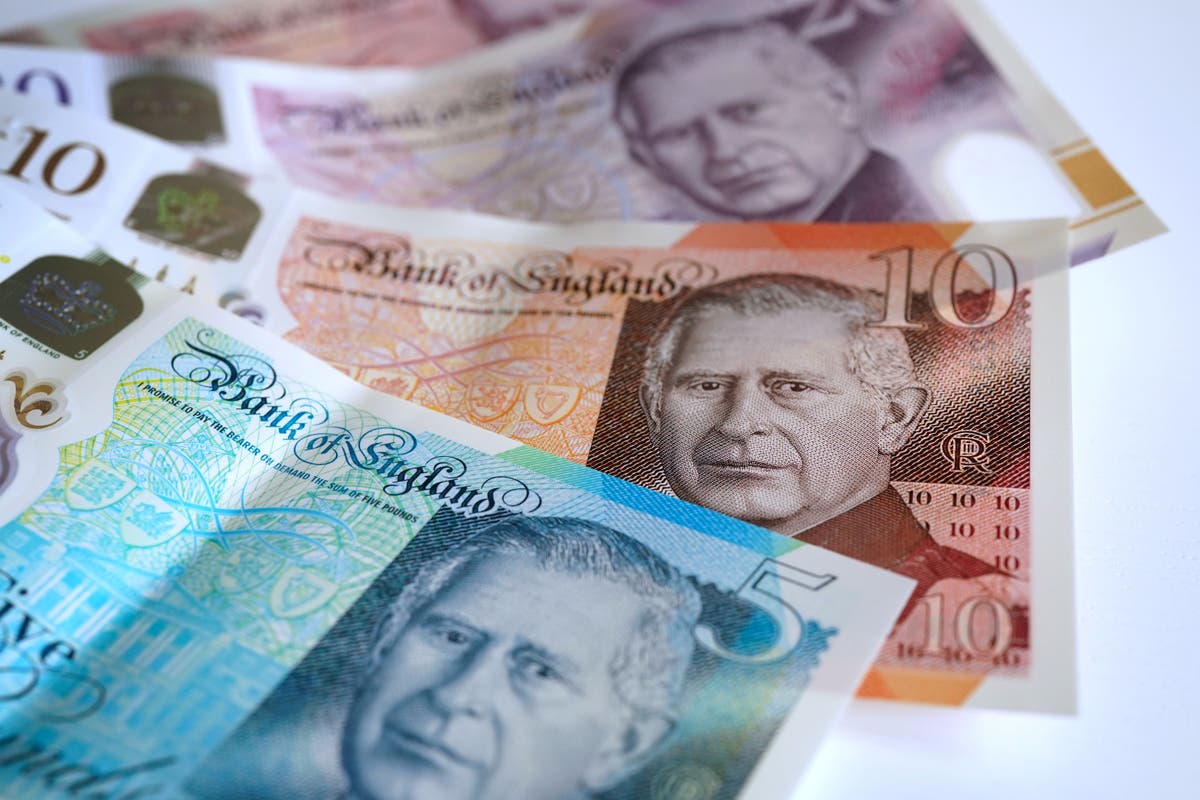
UK interest rates to fall more slowly than expected after Budget – OECD
The Independent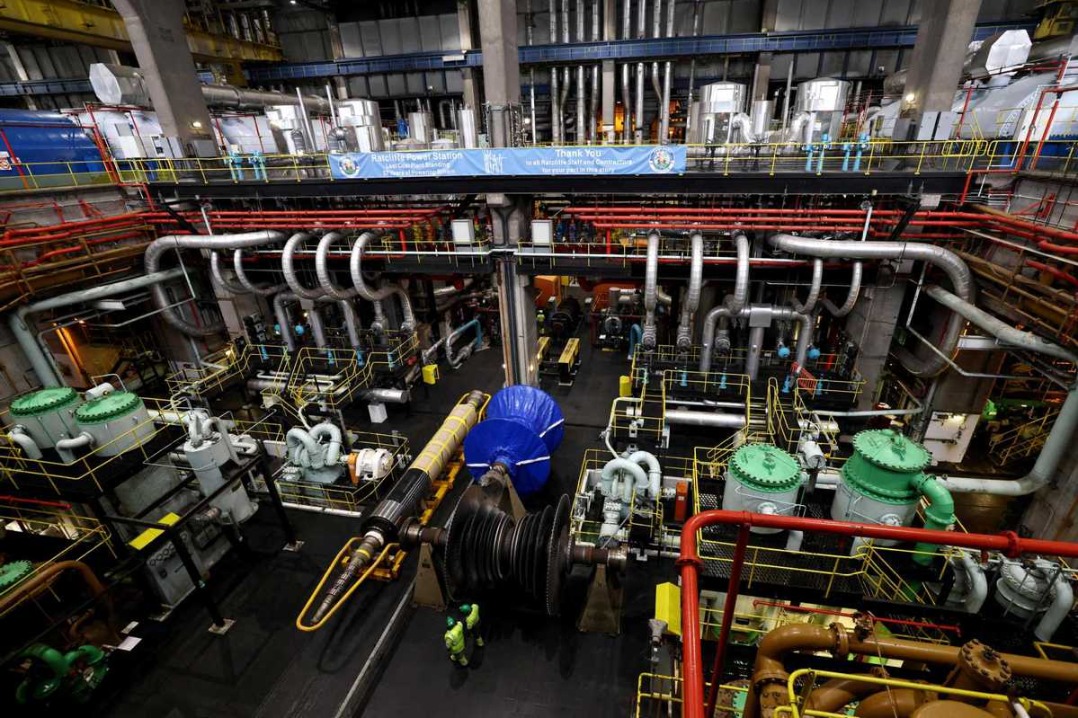
Energy costs push UK inflation to 2.3 percent
China Daily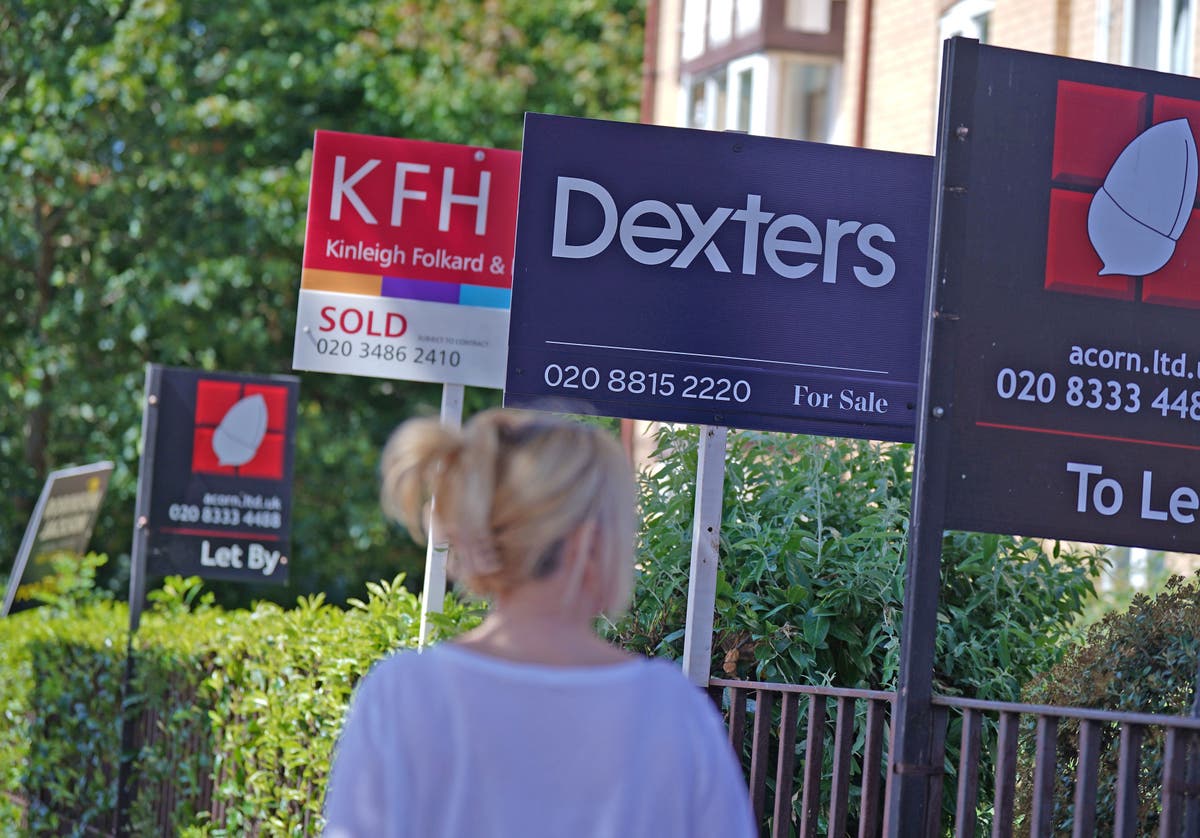
The shock rise in inflation spells bad news for mortgages
The Independent
What rising inflation means for you: HUGO DUNCAN on why it dashes hopes of a Christmas Bank of England rate cut
Daily Mail
Mortgage rates below 4% disappear: Why are they going up as interest rates fall?
Daily Mail
Three major banks hike fixed rate mortgages: Why are costs RISING after the Bank of England cut?
Daily Mail
Bank of England cuts interest rates to 4.75% – but mortgages still set to rise
The Independent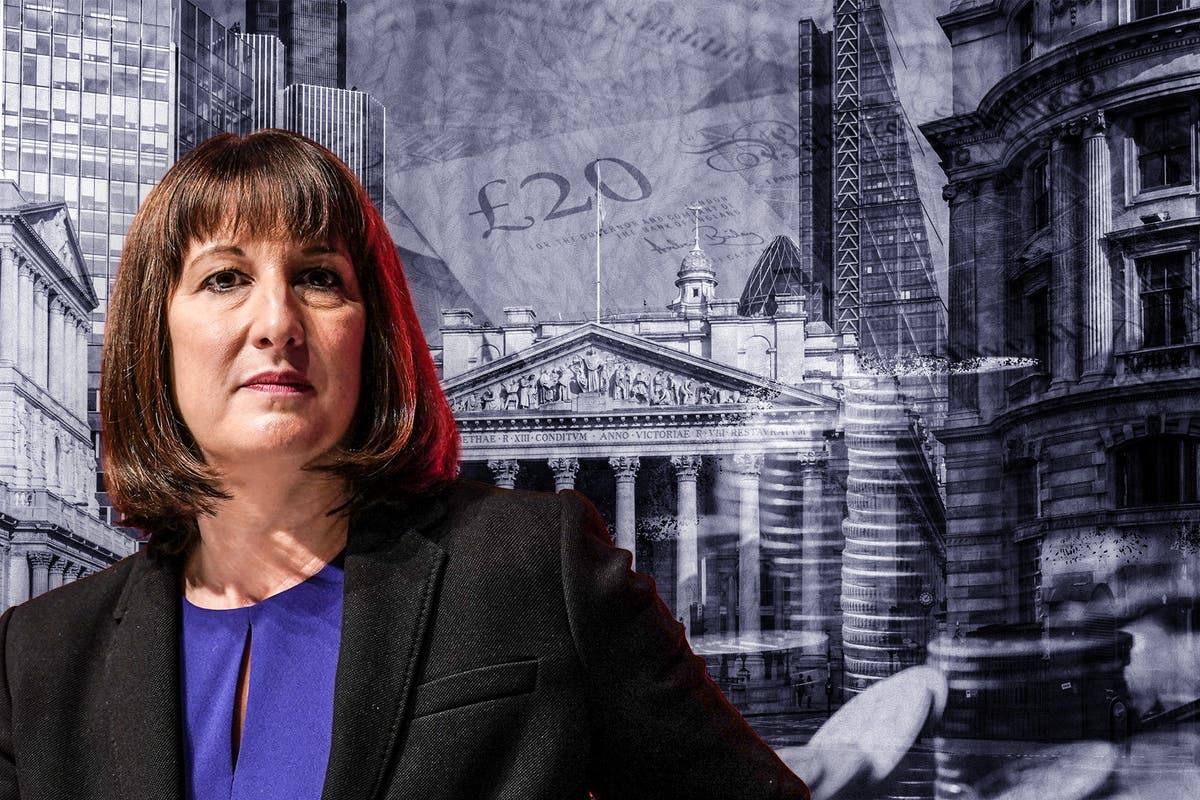
The interest rate cut is good news for mortgage payers – they need more
The Independent)
Bank of England cuts interest rate to 4.75% as UK inflation drops, but economic uncertainty looms
Firstpost
How will the interest rate cut affect you? From inflation to mortgages
The Independent
Boost for Brits as Bank of England trims interest rates from 5% to 4.75%... but will hopes of 'aggressive' cuts be dashed by Labour's big-spending Budget?
Daily Mail
Brits hope for mortgage relief with Bank of England poised to cut interest rates TODAY… but fears big-spending Budget could keep borrowing costs higher for years
Daily MailBank of England cuts UK interest rates again despite modest budget-related inflation spike
Associated Press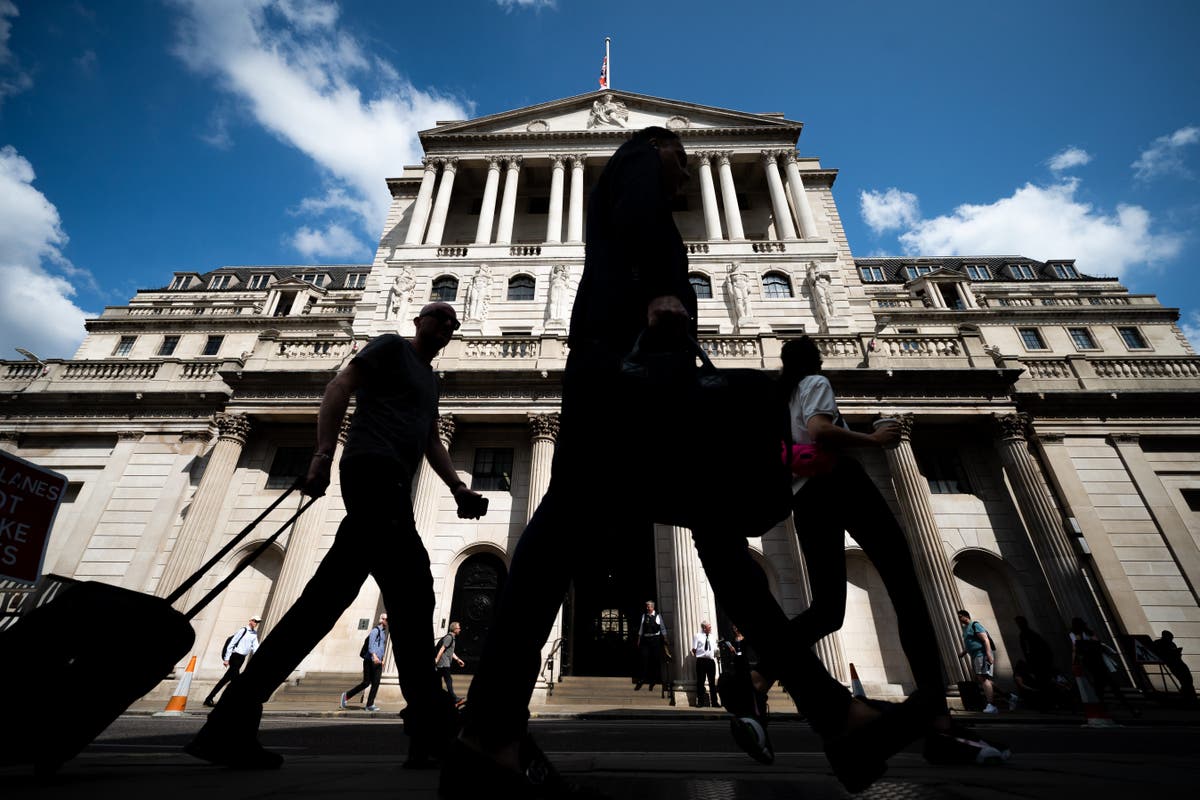
Bank of England poised to cut UK interest rates for second time this year
The Independent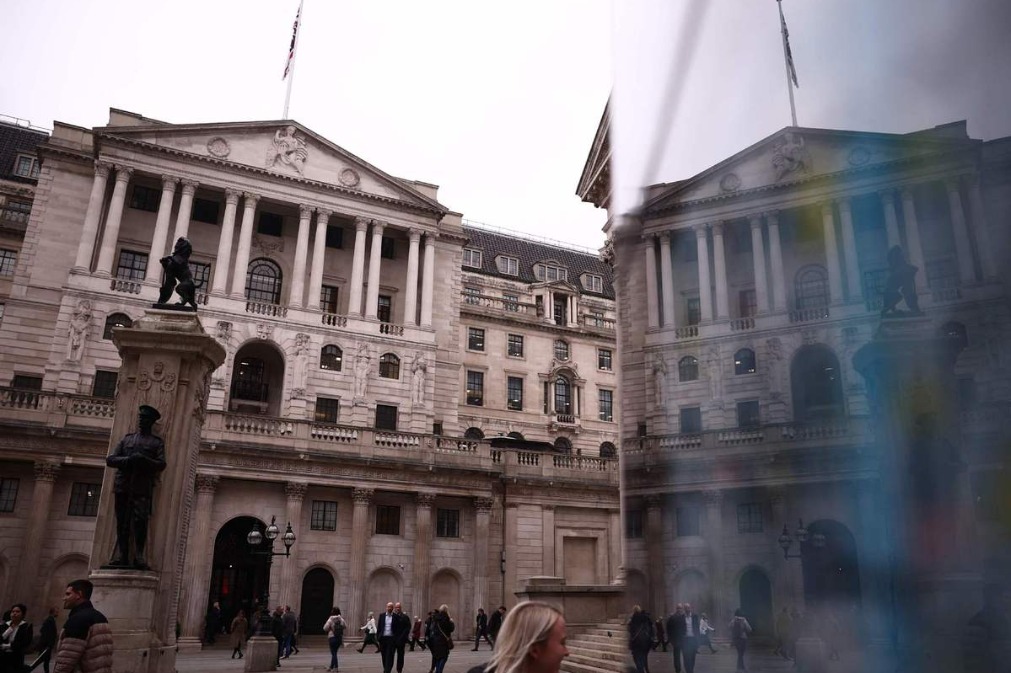
UK's central bank cuts interest rate
China Daily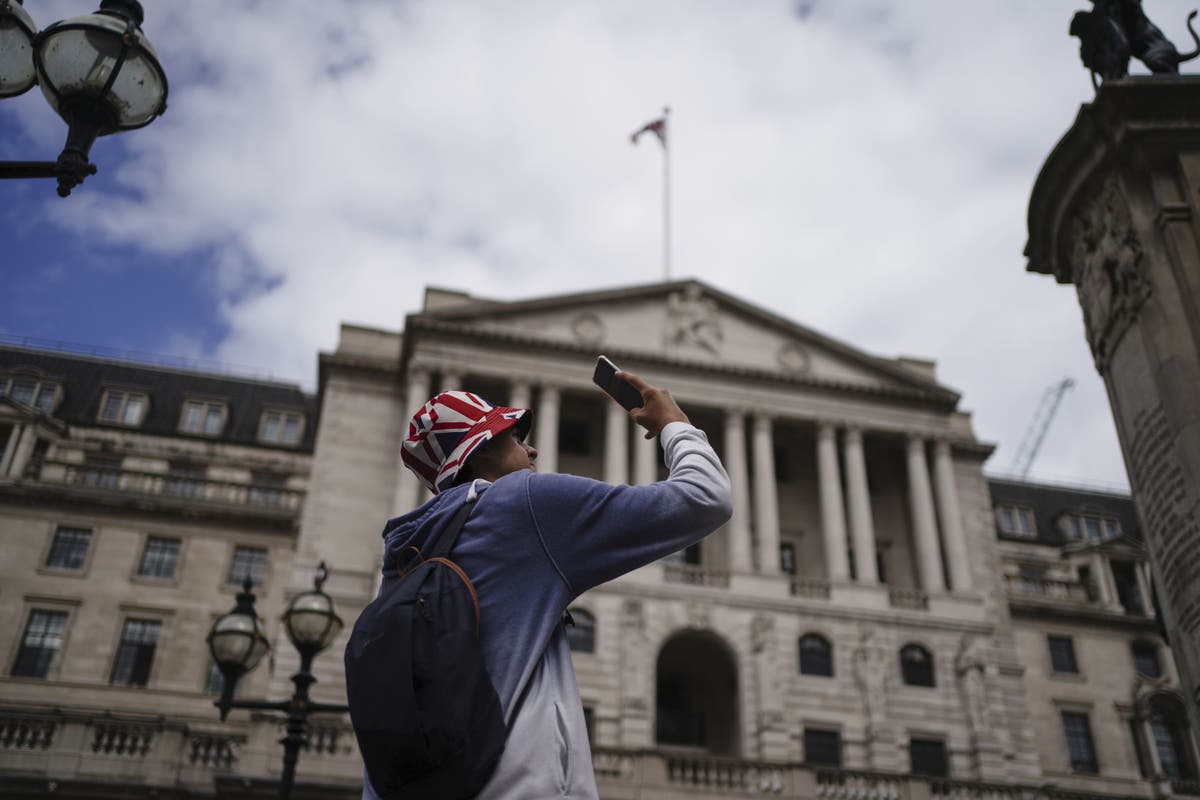
Bank of England poised to cut UK interest rates for second time this year
The Independent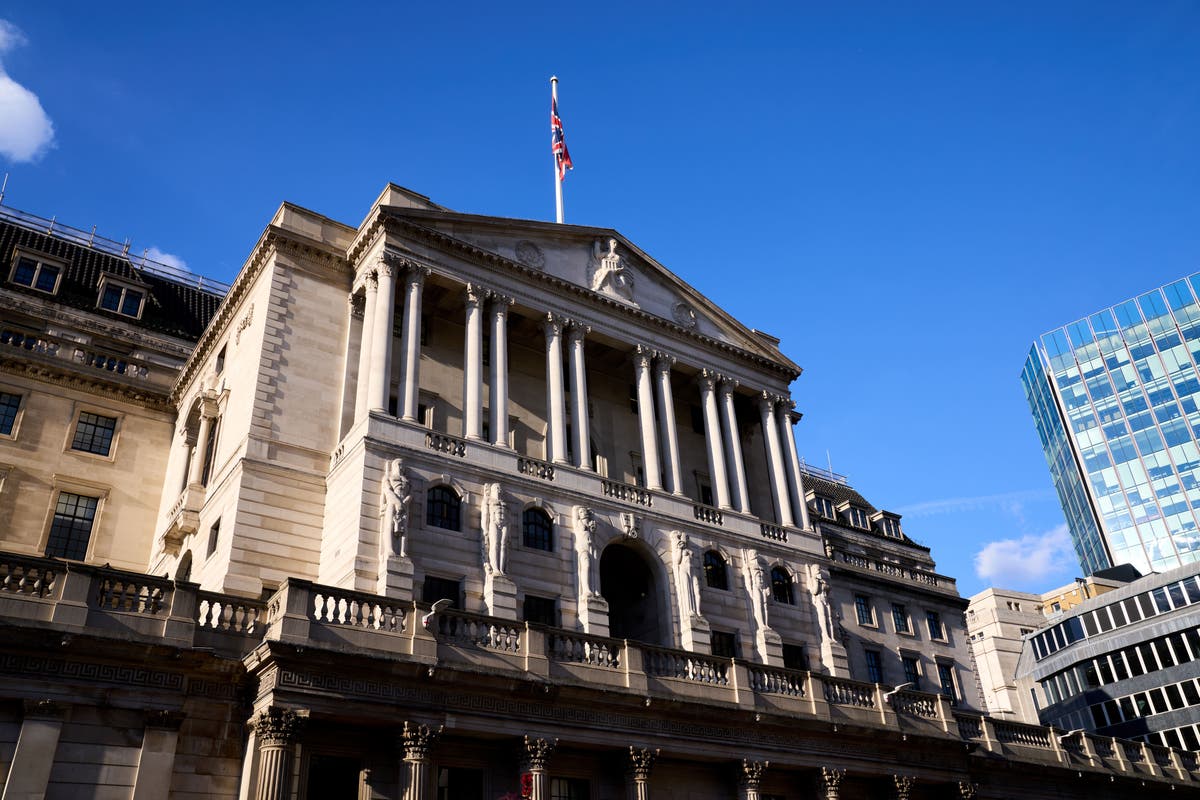
Bank of England rate cut expected despite ‘fiscal loosening’ of Budget
The Independent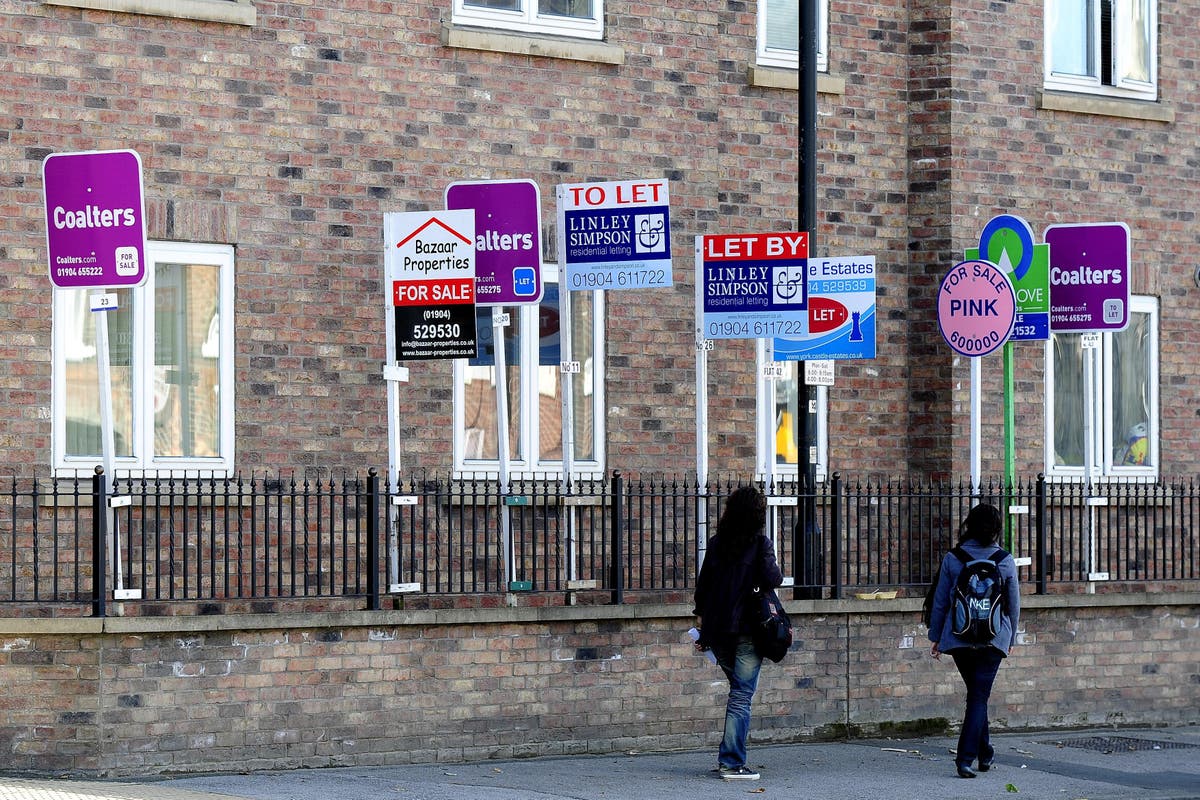
Autumn Budget 2024: What will it mean for my mortgage?
The Independent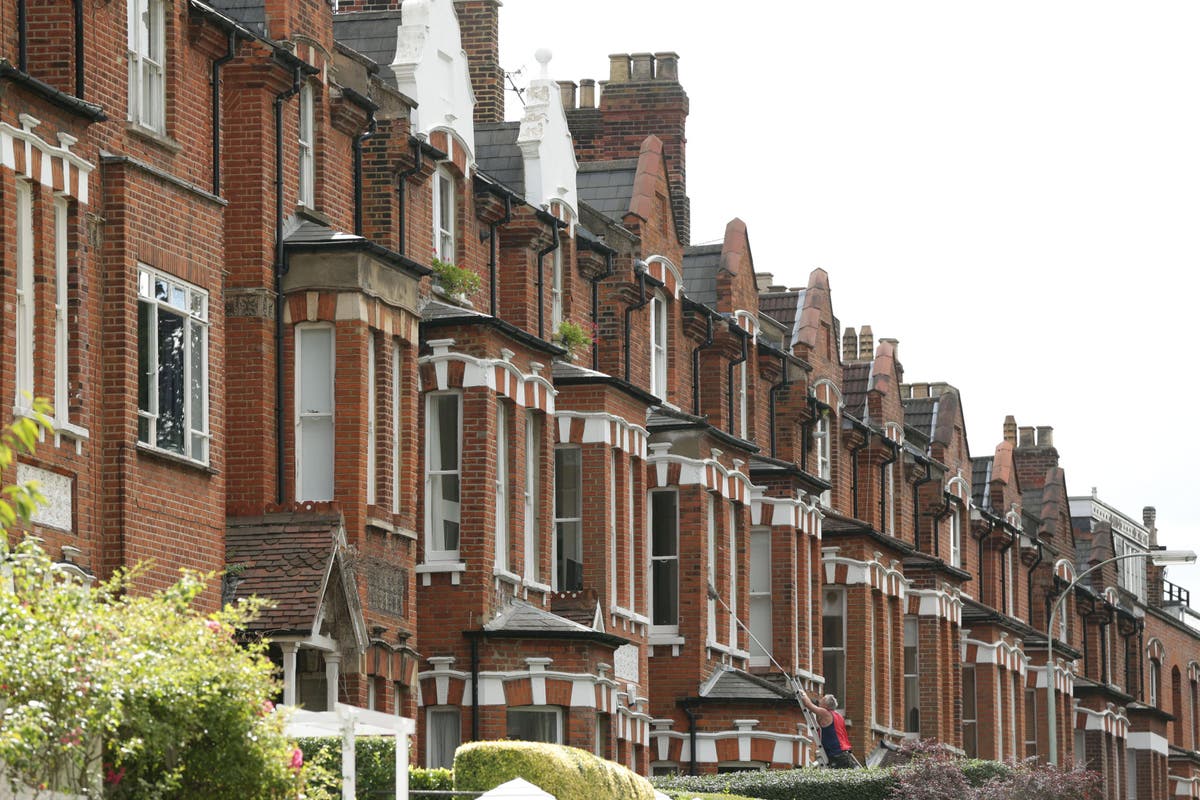
Mortgage approvals jump but housing market on ‘tenterhooks’ ahead of Budget
The Independent
UK interest rates will drop to 2.75 per cent, Goldman Sachs predicts
The Independent
Reeves’s Budget to keep interest rates higher for longer, say economists
The Telegraph
Interest rate cut ‘nailed on’ after UK inflation falls to three-year low
The Independent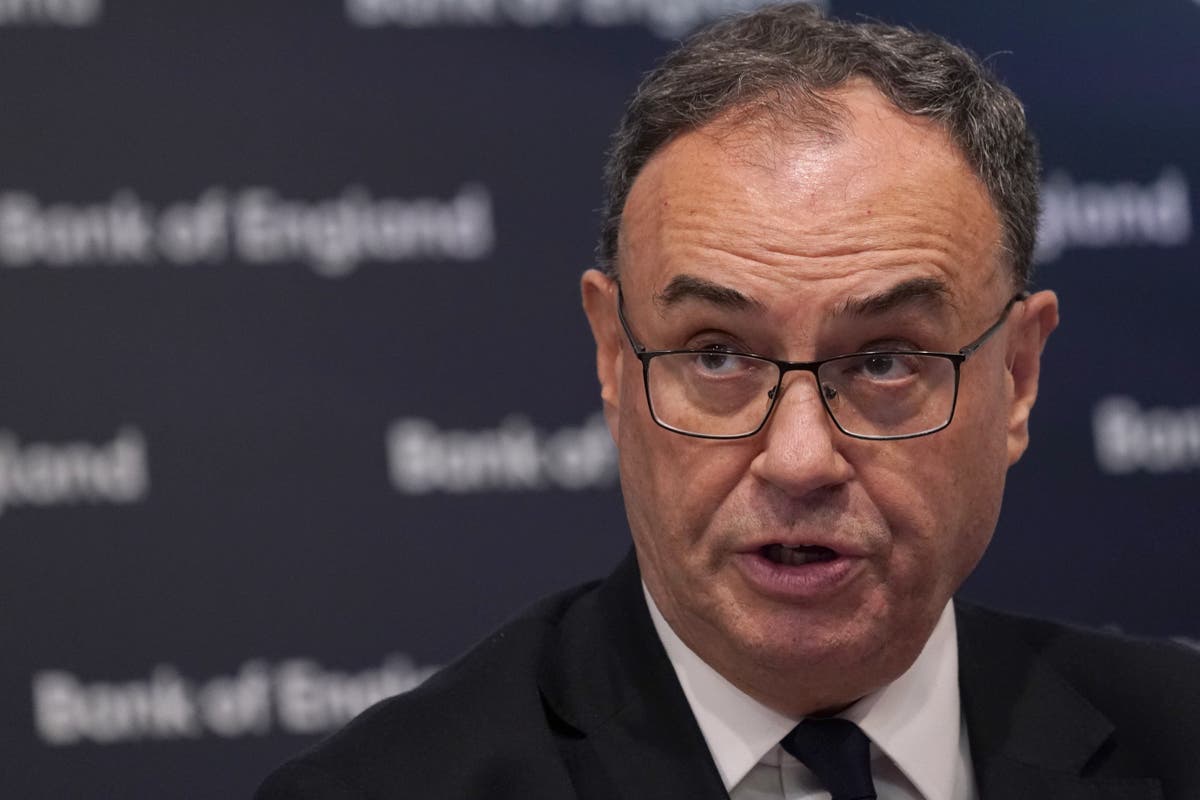
Bank of England could be ‘more aggressive’ with interest rate cuts, says governor
The Independent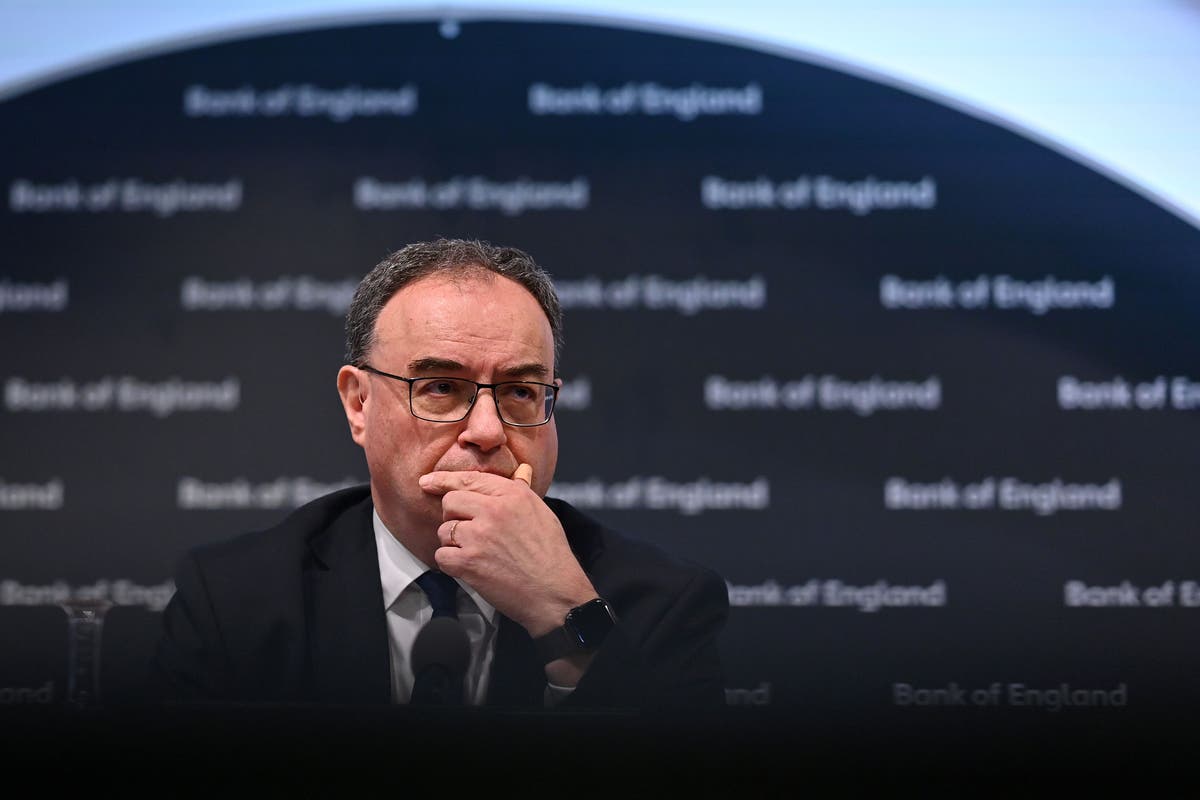
Bank says interest rates could be cut ‘gradually’ after holding at 5%
The Independent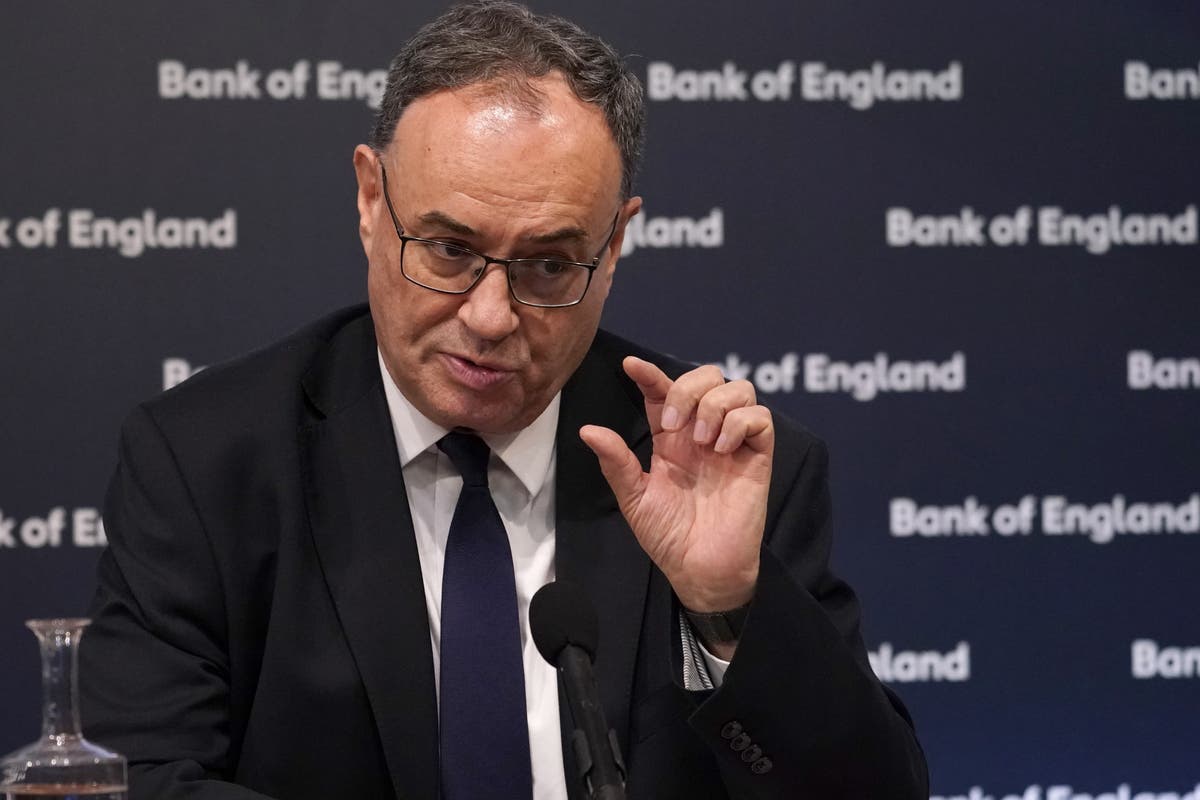
UK interest rates live: Bank of England holds at 5% after shock US Fed cut
The Independent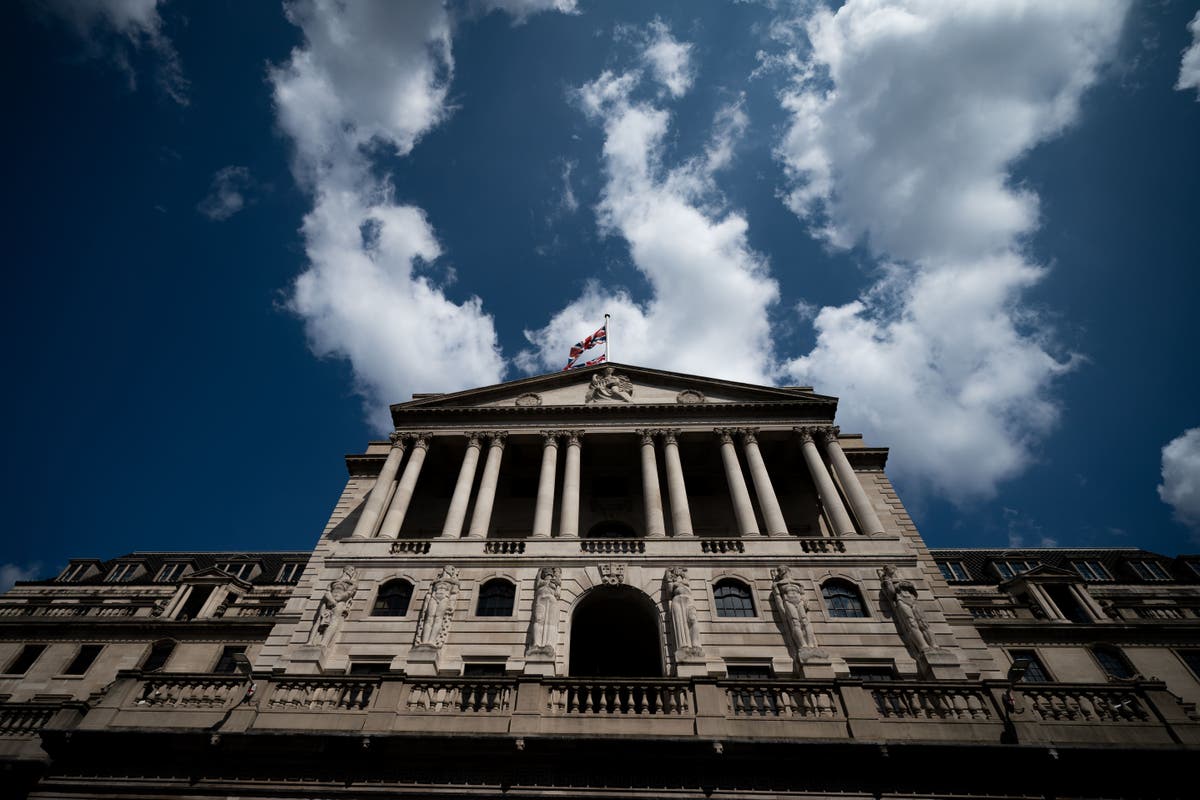
UK interest rates kept at 5% as Bank of England says ‘vital’ inflation stays low
The Independent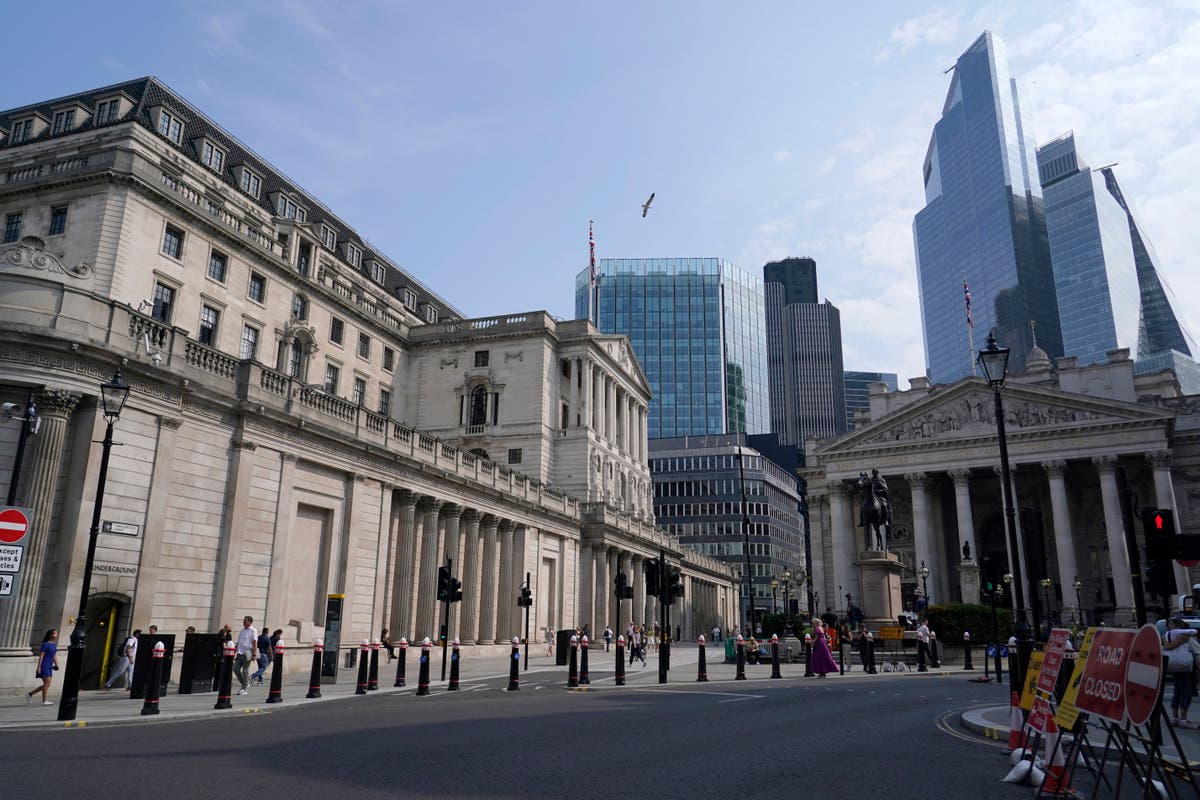
Bank of England widely expected to hold interest rates despite big US Fed cut
The Independent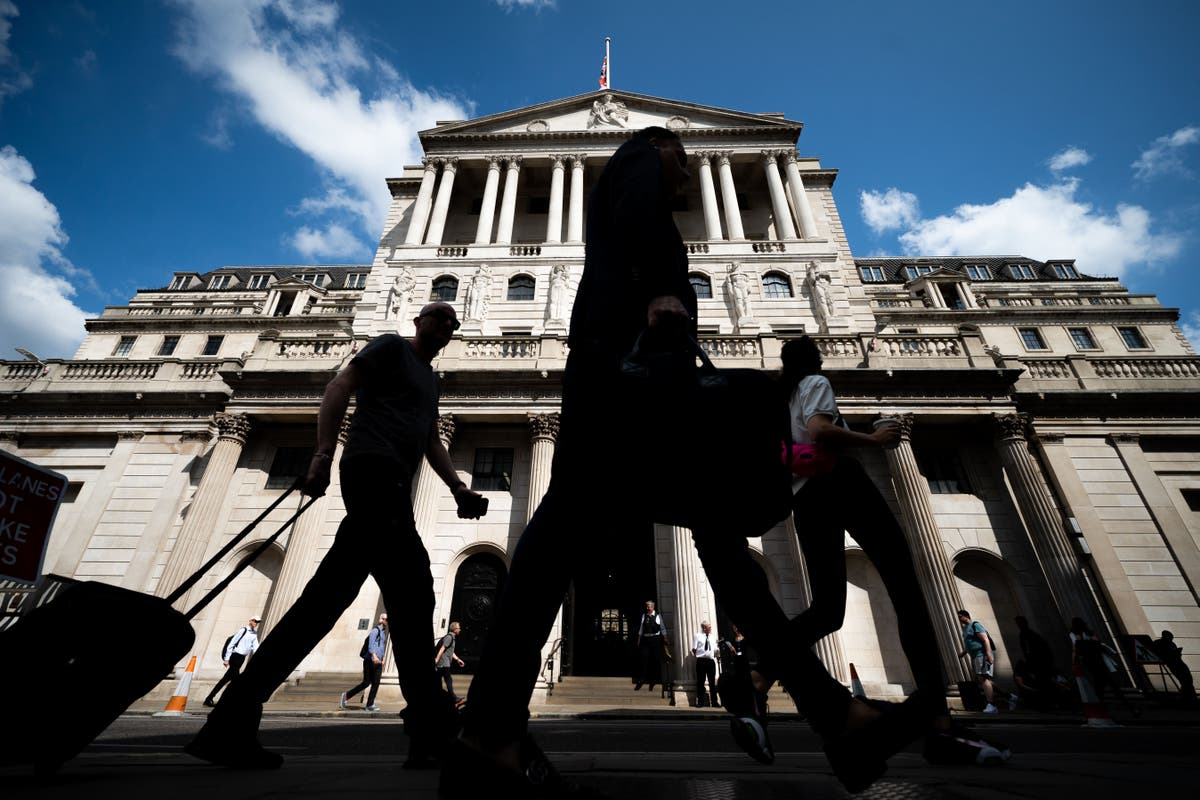
Bank of England poised to hold interest rates at 5%, economists say
The Independent
Interest rate cuts push house prices to a two-year high – but there is trouble brewing in the market
The Independent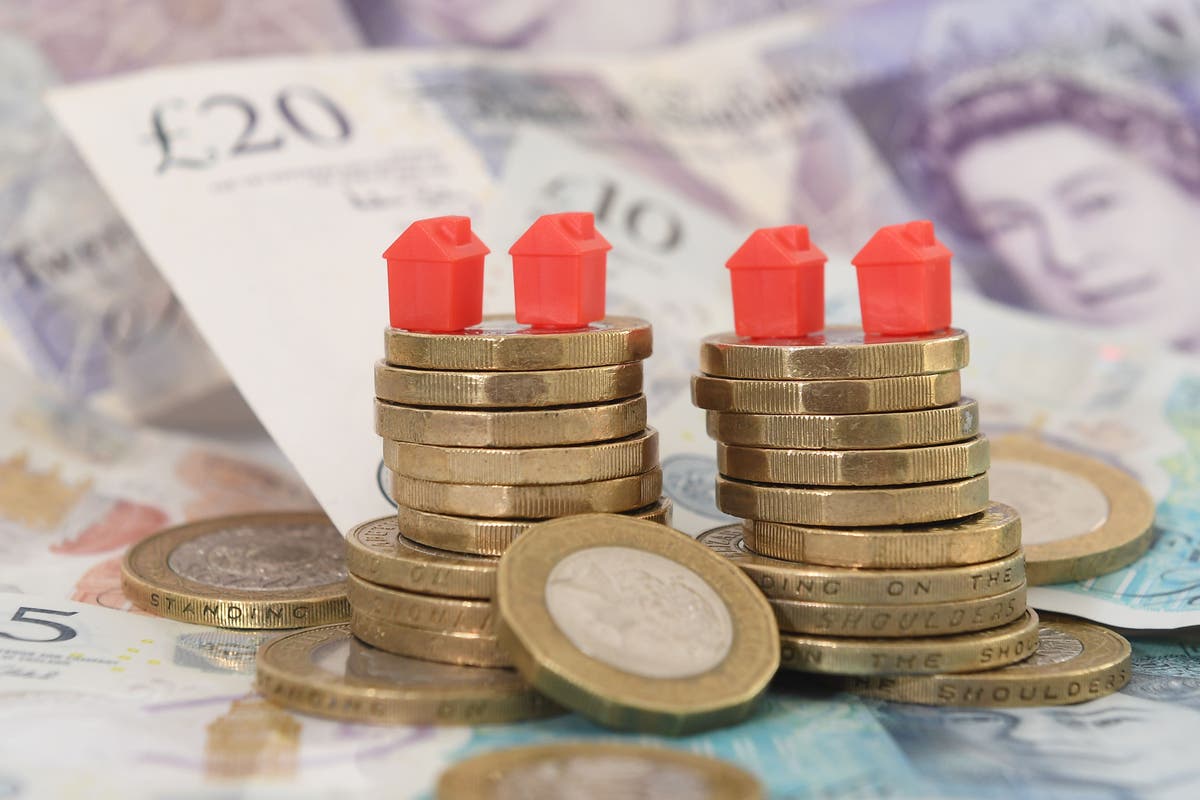
Mortgage approvals for house purchase jump to highest levels since mini-budget
The Independent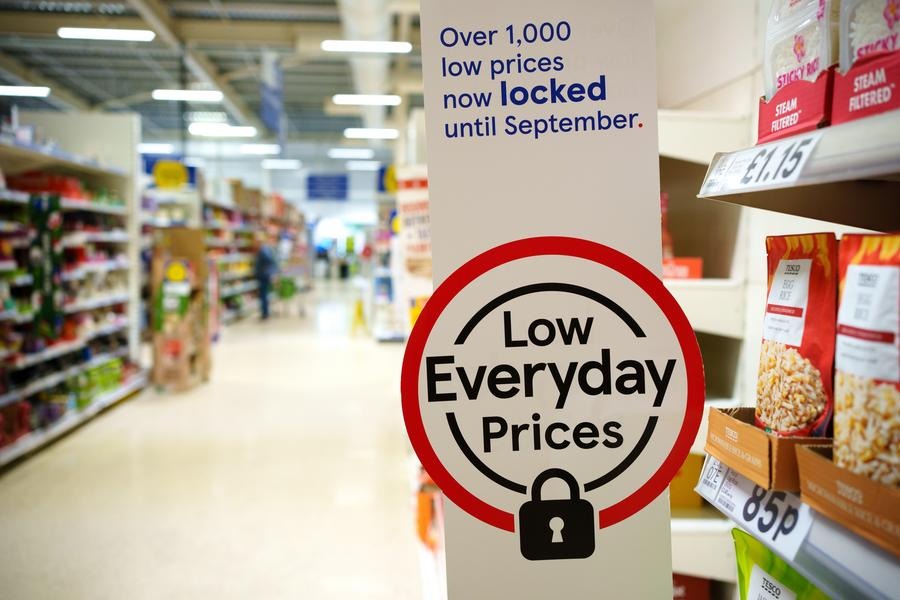
Bank of England lowers benchmark rate to 5 pct, first cut in 4 years
China Daily
Bank of England lowers benchmark rate to 5 pct, first cut in 4 years
China DailyDiscover Related






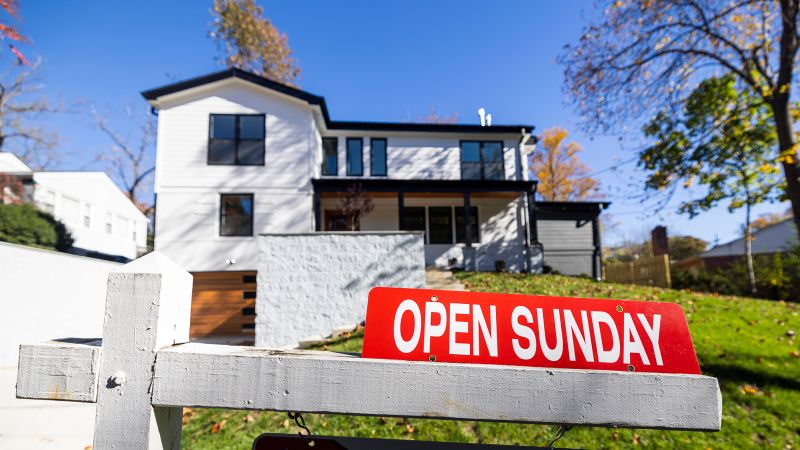
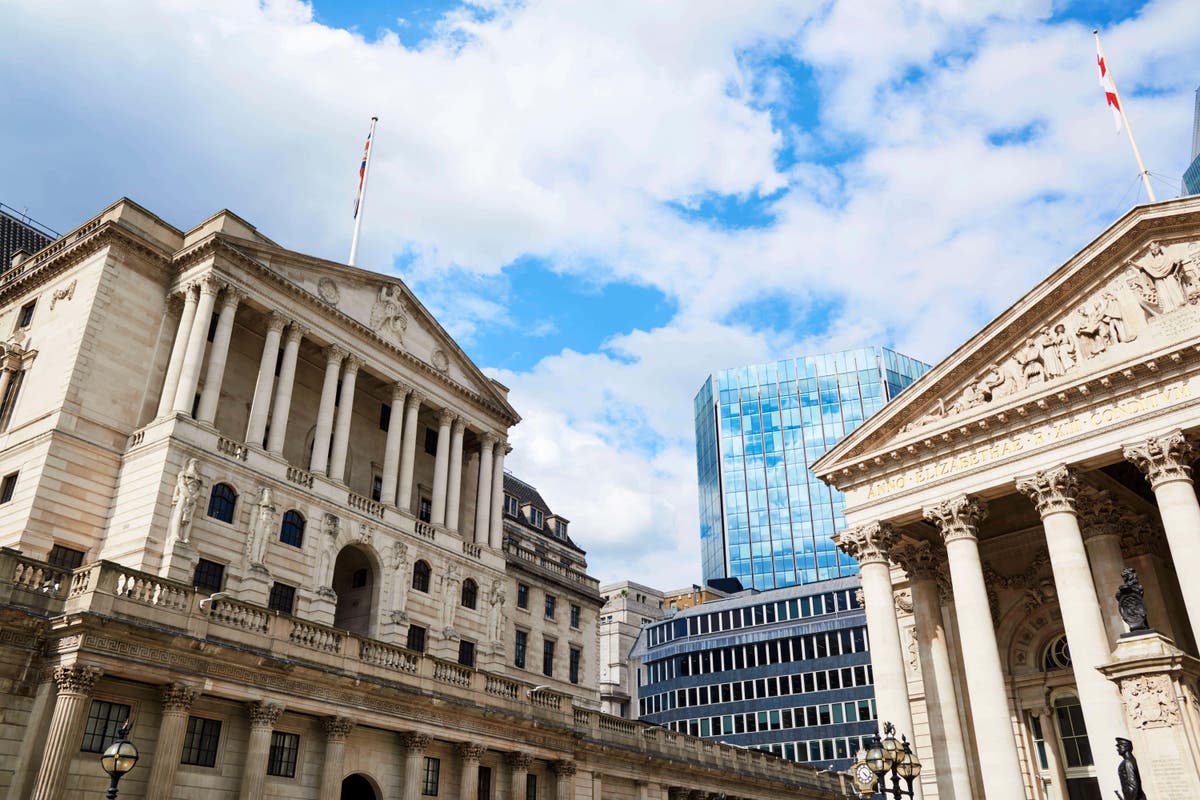



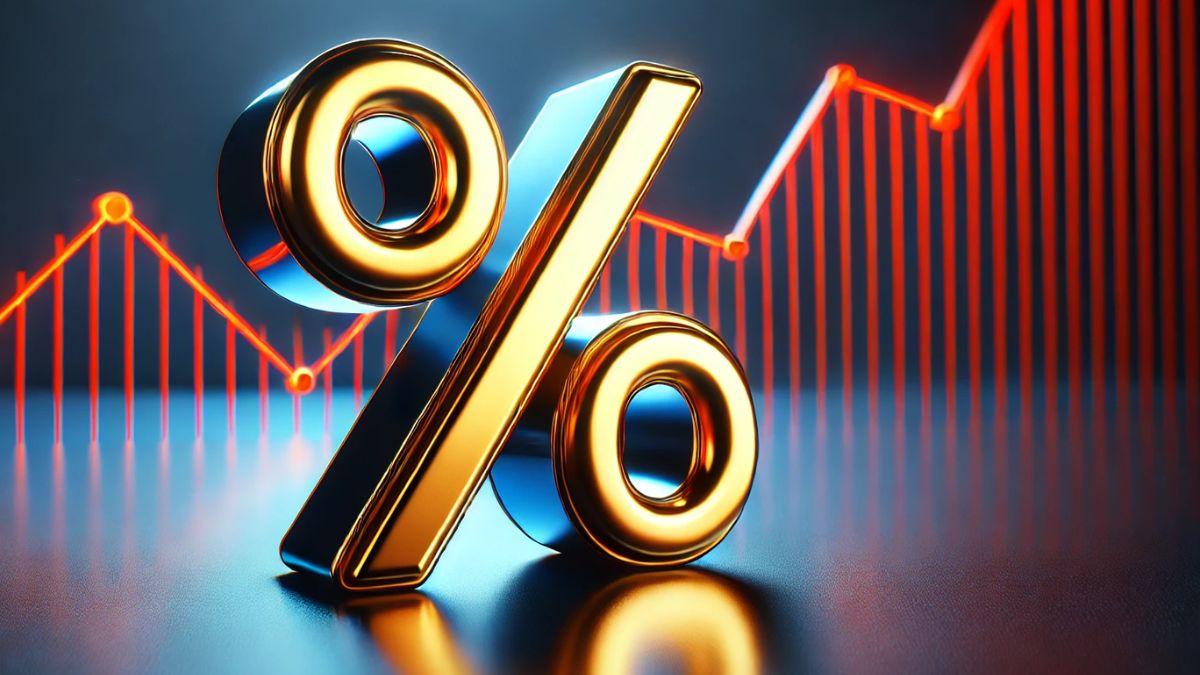)



